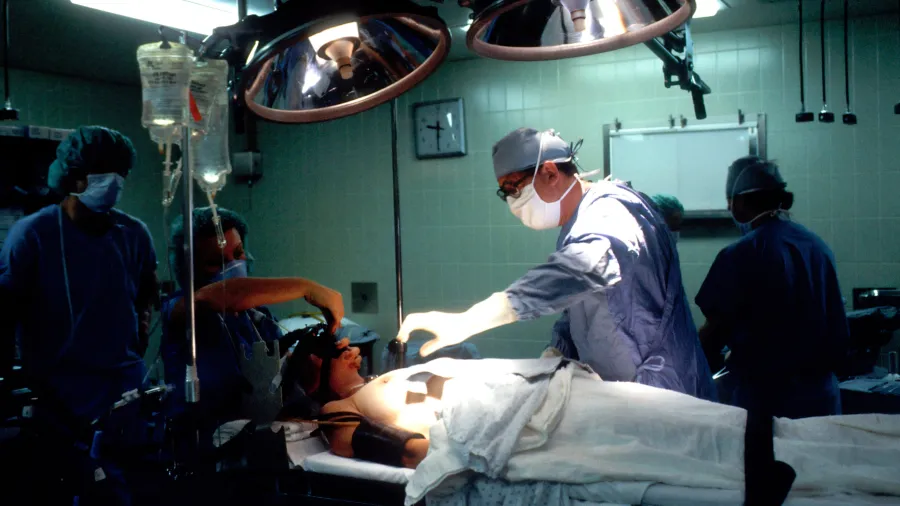
Why medical tourists prefer SEA healthcare: report
The advantages are affordability, shorter waiting times, and quality care.
Medical tourists from developed countries are choosing Southeast Asia markets as their destination for different treatments due to some benefits they can get by travelling to more affordable destinations, said IQVIA in a recent report.
One advantage of choosing to get medical services in Southeast Asia is affordability. For example, the study pointed out that US patients benefit from the reduction of treatment costs of 60%–80% in Malaysia, 25%–40% in Singapore, and 50%–75% in Thailand, depending on the treatment.
Aside from the US, patients from China are also going to Southeast Asia such as Thailand for IVF treatment, which saves them about 50%.
Another advantage is shorter waiting times as people in developed countries often wait longer and have delays in treatment. Sometimes the waiting times extend to months.
The ideal choice for them is in Southeast Asia where waiting times are shorter and medical tourists even have treatment on the same day as their arrival.
The third advantage is access to quality care where Southeast Asian healthcare offers world-class medical facilities and renowned medical expertise. Some hospitals even have recognition from Joint Commission International (JCI) accreditation.
In Thailand alone, 48 hospitals are JCI-accredited, the highest in the region.
The fourth advantage is Southeast Asia offer new treatment or procedures that are unapproved and unavailable in developed countries.
For instance, Chinese patients prefer to get IVF treatment in Thailand due to strict regulations and gender selection rules for IVF treatment in China.
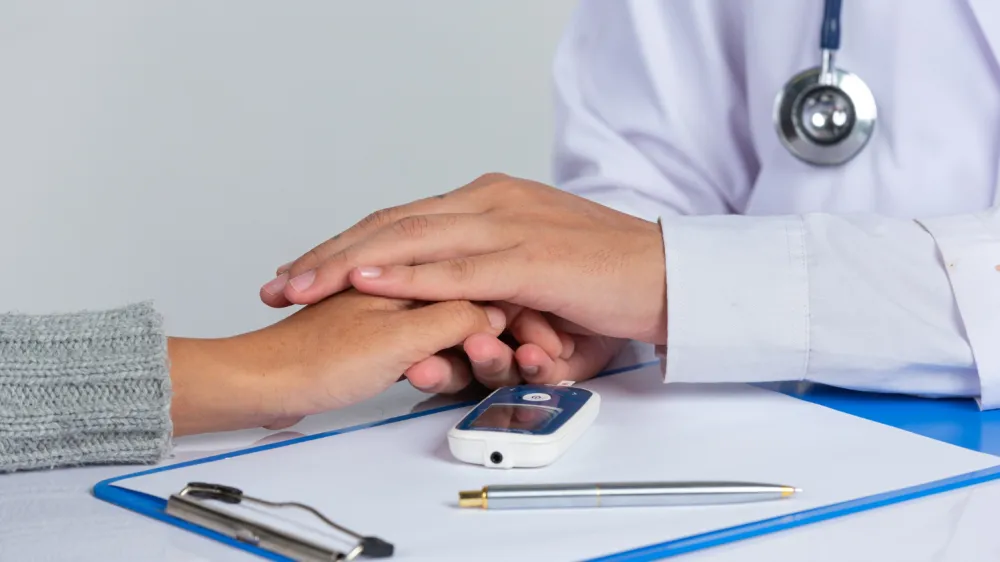
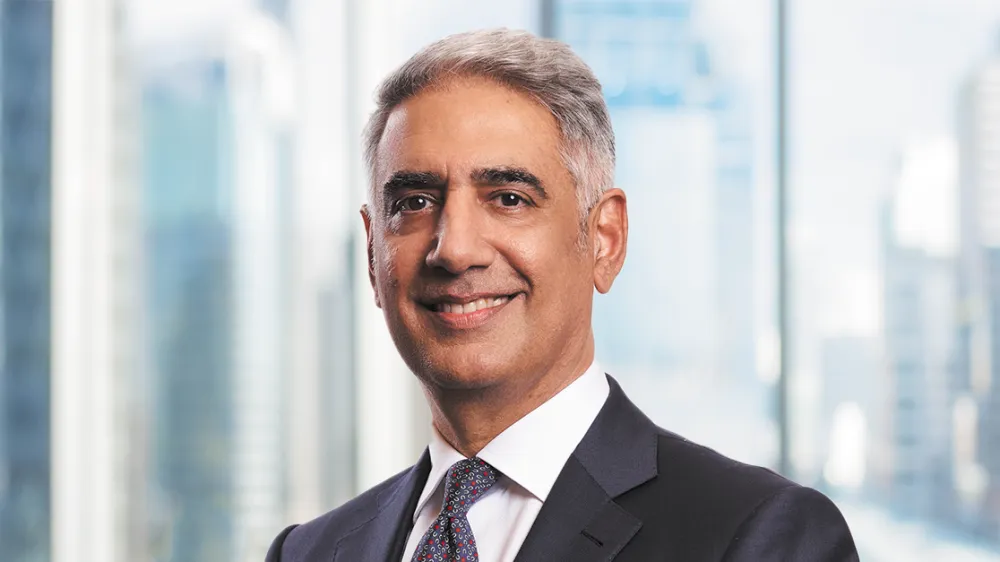

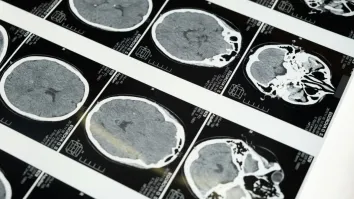
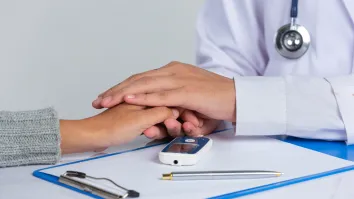














 Advertise
Advertise






